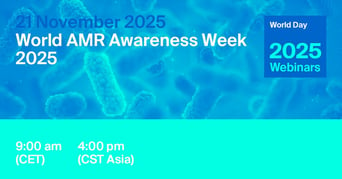- 2.2CiteScore
- 29 daysTime to First Decision
News & Conferences
Latest News & Announcements
Latest Conferences
Propose a Conference Collaboration
Promote and publicise your upcoming conference with MDPI.
All News & Conferences
News & Announcements
MDPI’s Open Access Program Reaches 1,000 Institutions Worldwide
18 February 2026
News & Announcements
Meet Us at the USCAP 115th Annual Meeting 2026, 21–26 March, San Antonio, Texas, USA
11 February 2026
News & Announcements
MDPI INSIGHTS: The CEO's Letter #31 - MDPI 30 Years, 500 Journals, UK Summit, Z-Forum Conference, APE
2 February 2026
News & Announcements
MDPI’s Newly Launched Journals in December 2025
9 January 2026
News & Announcements
Article Layout and Template Revised for Future Volumes
11 December 2025
News & Announcements
World AIDS Day, 1 December 2025
1 December 2025
News & Announcements
MDPI Webinar | World Antimicrobial Resistance (AMR) Awareness Week 2025, 21 November 2025
19 November 2025
MDPI Conference
MDPI Webinar | World Antimicrobial Resistance (AMR) Awareness Week 2025, 21 November 2025
21 - 21 November 2025
News & Announcements
World AMR Awareness Week—“Act Now: Protect Our Present, Secure Our Future”, 18–24 November 2025
19 November 2025
News & Announcements
World Diabetes Day, 14 November 2025
14 November 2025
News & Announcements
MDPI Launches the Michele Parrinello Award for Pioneering Contributions in Computational Physical Science
6 November 2025
of 10










